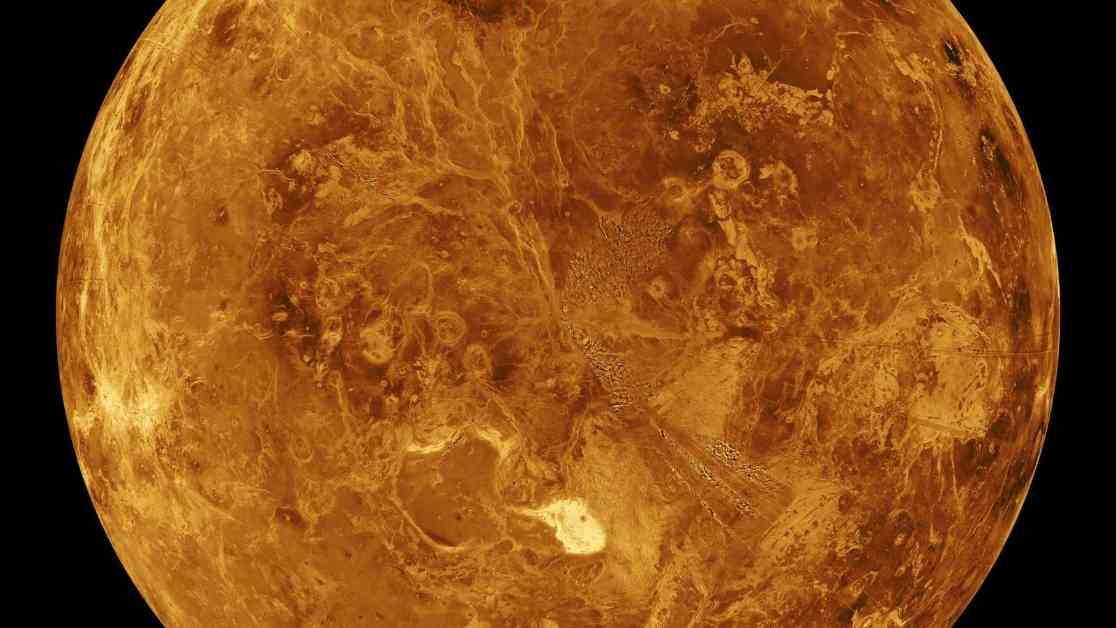Venusian Oceans: A Dry History
New research from astrochemists at the University of Cambridge challenges the long-standing belief that Venus once hosted oceans on its surface. Instead, the study suggests that Venus has always been a dry, arid planet, devoid of the liquid water that is essential for life.
Debunking the Myth
For years, scientists have debated the history of Venus and whether it ever harbored liquid oceans. However, the recent findings by Tereza Constantinou, Oliver Shorttle, and Paul B. Rimmer present a compelling argument that Venus has never been capable of supporting surface water. Their research, which modeled Venus’ current atmospheric composition, indicates that the planet is fundamentally uninhabitable.
According to the study, Venus’ scorching temperatures, averaging around 465 degrees Celsius (869 degrees Fahrenheit), coupled with its crushing atmospheric pressure and acidic clouds, make it a hostile environment for life as we know it. Moreover, the planet’s interior lacks hydrogen, a key element for sustaining liquid water, further reinforcing the notion that Venus has always been dry.
Contrasting Views
While some previous studies have suggested that Venus may have once been habitable, recent research paints a starkly different picture. A study conducted by NASA’s Goddard Institute for Space Studies in 2016 proposed that ancient Venus could have supported life, based on climate modeling similar to Earth’s. However, the latest findings challenge this hypothesis, indicating that Venus has likely been inhospitable for the majority of its existence.
Implications for Astrobiology
The implications of this research extend beyond Venus and have significant implications for our understanding of habitable worlds in the universe. By exploring the history of Venus, scientists can gain valuable insights into the factors that contribute to a planet’s habitability and the conditions necessary for life to thrive.
As we continue to unravel the mysteries of our solar system and beyond, the story of Venus serves as a cautionary tale of the delicate balance required for a planet to sustain life. While Venus may not have hosted oceans in the past, its history offers valuable lessons for our ongoing search for habitable worlds in the cosmos.




